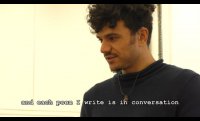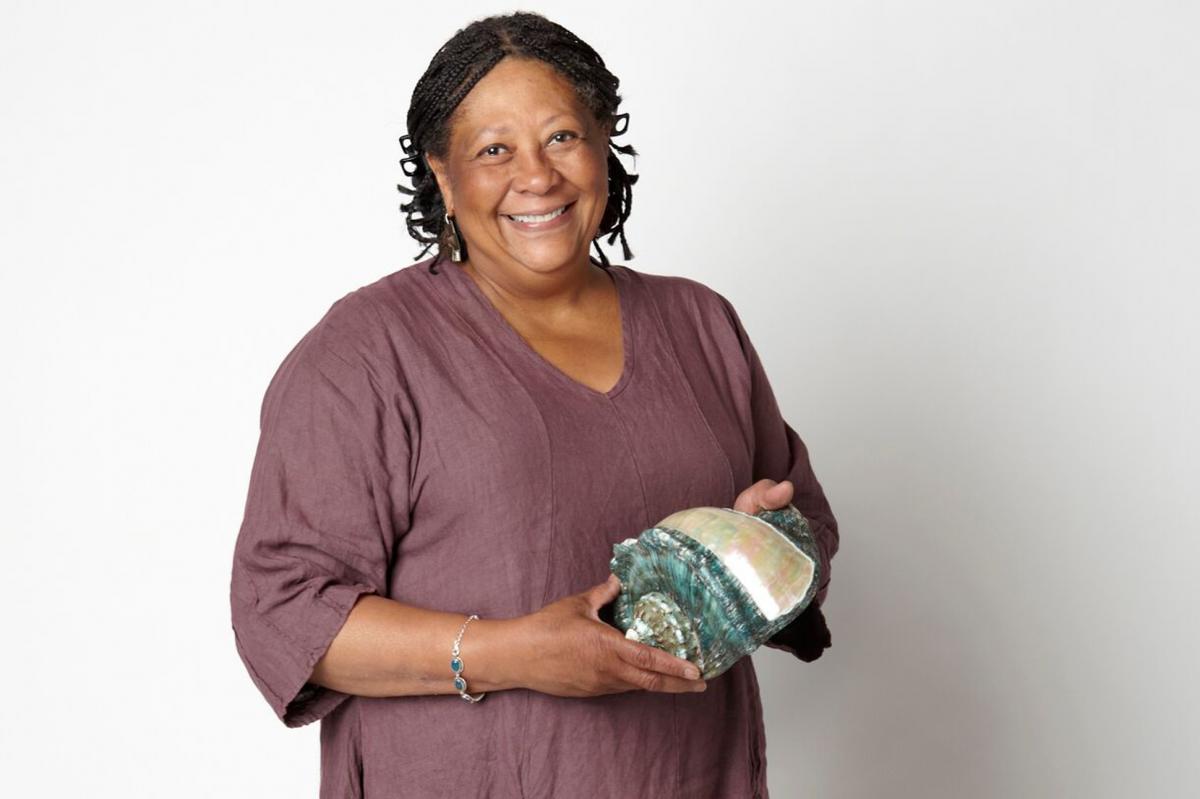Vilcek Prizes for Creative Promise Accepting Submissions
Applications are currently open for the Vilcek Foundation’s Prizes for Creative Promise in Literature. Three prizes of $50,000 each are awarded to writers not born in the United States to recognize achievement early in their careers. Poets, fiction writers, and nonfiction writers who are thirty-eight years of age or younger and have published at least one full-length book are eligible. Winners will be notified in the fall and honored at an annual awards ceremony in New York City in Spring 2020.
Using the online submission system, submit a writing sample of up to twenty pages, a curriculum vitae, proof of your immigration status, five press clippings about your work, and contact information for two professional references by June 10. There is no application fee. Visit the website for complete guidelines and eligibility requirements.
The shortlist will be chosen by a jury of experts from the literary community who will evaluate the applicants based on their “excellence, innovation, and impact.”
Established in 2009, the Vilcek Prizes for Creative Promise aim to “encourage and support emerging to mid-career immigrant artists and scientists who have demonstrated exceptional achievements early in their careers.” The awards are given annually to biomedical scientists and in alternating years to writers, dancers, musicians, designers, fashion designers, theater artists, architects, visual artists, and culinary artists. The Vilcek Prize for Creative Promise in Literature was last awarded in 2011 to Dinaw Mengestu.
The Vilcek Prizes are sponsored by the Vilcek Foundation, which is dedicated to raising awareness of immigrant contributions to America. Jan and Marica Vilcek, immigrants from the former Czechoslovakia, established the foundation in 2000.










